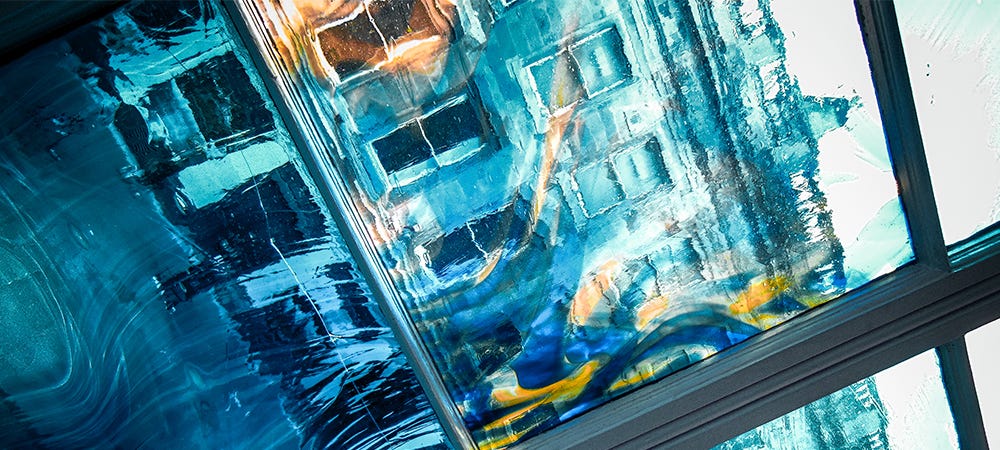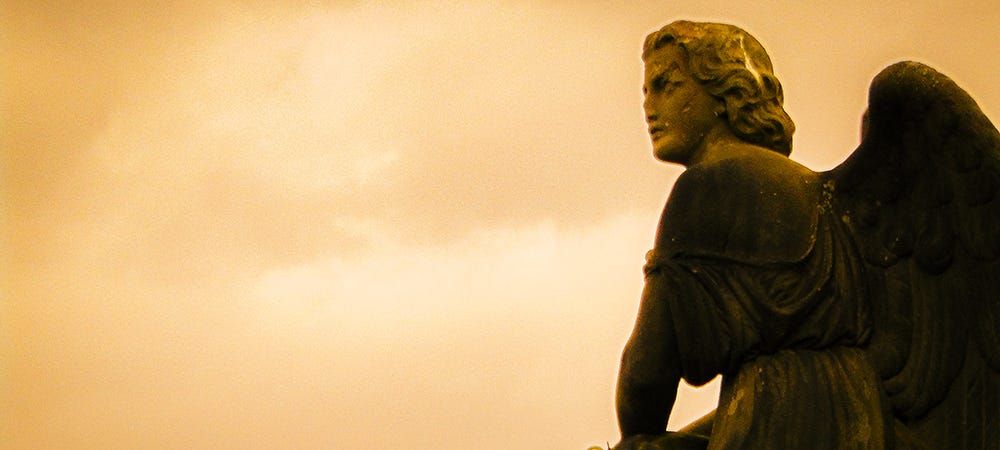excited about death
Once, a newish acquaintance and I were chatting over lunch. We got to talking about death—as one does. She asked, “Do you have an idea about how you’ll die?”
Well, in fact, I do.
I think I will die swiftly and suddenly. Without much warning. Not a terminal illness or a slow decline in health. I think I will be here and then I will not.
I said all of that—and more. I kept going.
Eventually, she said, “I don’t think I’ve met anyone so excited about death.”
I had to stop for a second. Am I excited—enthusiastic, eagerly looking forward to—my own demise? It seems wrong to be that way. But might it be helpful for the way we live? Necessary even?
Might memento mori become something more? An excited, expectant hurtling towards physical termination?
Not infrequently, I recall the words of Oswald Chambers, the Presbyterian WWI-era chaplain, now known for his bestselling devotional, My Utmost for his Highest:
I feel that I shall be hidden away for a time. And then I shall burst forth. I shall do my work, and be gone.
Whether he felt his words prophetic or no, that is the course his life took. He began his own ministry in 1911 and died in 1917 due to a pulmonary hemorrhage that occurred after he refused to accept treatment for appendicitis. (He thought the hospital beds would better serve the soldiers he’d been ministering to in Egypt.)
There are many who sit in the hall of the quick and the dead. John F. Kennedy and Martin Luther King Jr., Chadwick Boseman and Emily Brontë, Alexander the Great and Joan of Arc. We know these because their accomplishments and contributions to the world outstrip the age at which they died. Imagine if they all thought they had more time. That there was no rush. We wouldn’t know their names.
So death haunts us, yes. But it is an engine. Its spectral breath says, “I am coming for you, whether you finish or not. I am coming for you—and you don’t know when.”
Death inspires and empowers.
Memento mori. Remember that you shall die. And it could be soon.
And what else? We rush toward death.
Recently, the Broad Ideas podcast hosted Lauren Mayberry, the frontwoman of my favorite band Chvrches. In the midst of an hour-and-a-half long discussion, partly about the pandemic and how they coped with the stress of it, the hosts mentioned a study which found that people who wake up in the morning and think about death are calmer, happier, and less stressed. I have yet to find that study—googling reveals little speculation and zero facts—but I’m fascinated by the idea.
Might it be that, from time to time, if we focus on death, if we look to it each morning with an open eye, we may indeed become steadier souls? Is an embrace of death—not a putting off—exactly what we need to power ourselves through life and to do our work with all our might because, one day, we will be gone?





